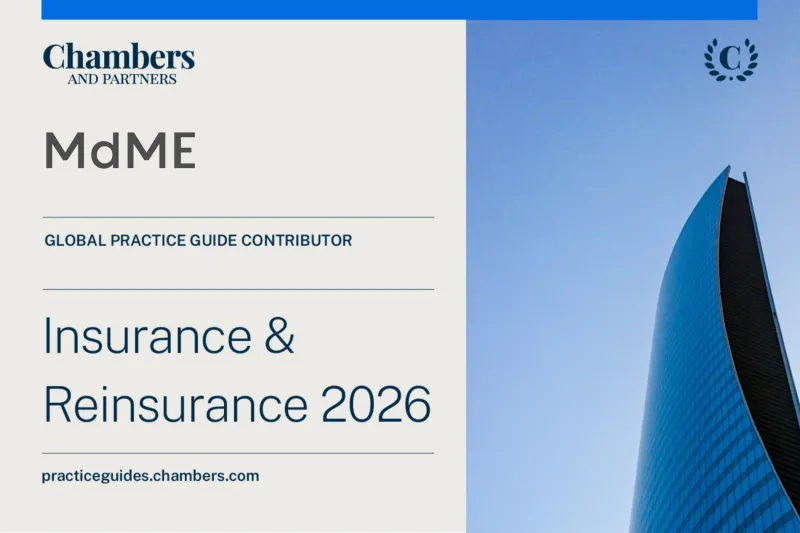Portugal Tax Briefing | VAT Tax Groups in Portugal
Framework and entry into force – 1 July 2026
Law no. 62/2025, approved by the Portuguese Parliament and promulgated by the President of the Republic on 17 October 2025, establishes the VAT Group regime. The law enters into force on 1 July 2026.
This regime allows groups of companies to consolidate their VAT balances—whether payable or recoverable—thereby easing cash-flow constraints and aligning Portuguese legislation with the practice of other EU Member States.

Concept of a VAT group and conditions for application
The legislator designed a financial consolidation model—similar to the special corporate income tax (CIT) group regime—under which each company continues to calculate VAT individually, with the balances being aggregated at the group level.
To apply the regime, there must be a group of entities connected by financial, economic, and organisational links, as follows:
- Financial link: the parent company must directly or indirectly hold at least 75% of the capital of the subsidiary entities, conferring more than 50% of the voting rights. This shareholding must have existed for more than one year—this rule does not apply to entities incorporated less than a year ago when the participation has existed since incorporation;
- Economic link: the entities must pursue similar, complementary, or interdependent objectives and share a common management structure or be subject to the same business strategy;
- Organisational link: there must be a common management structure or coordinated strategic direction. This requirement may entail some degree of subjectivity.
- Eligibility of each entity:
- Head office or permanent establishment in Portuguese territory;
- Subject to the normal VAT regime with monthly reporting at the date of opting in;
- Carrying out operations that grant the right to deduct input VAT.
- Holdings through intermediary entities: in determining the 75% shareholding threshold, participations held through other entities established in Portugal or in other EU/EEA Member States (provided there is equivalent administrative cooperation) are taken into account.
It should be noted that entities belonging to a VAT group cannot simultaneously be part of another VAT group, and the parent company cannot itself be controlled by another entity established in Portugal.
Formation, duration, and termination of the group
The creation of the group is an option exercised by the parent entity, and any modification to the group must be communicated to the Tax Authority.
Once the option is exercised, the application of the regime is mandatory for a minimum period of three years.
Mandatory termination or exclusion occurs in the following situations:
- When the linking requirements (financial, economic, or organisational) are no longer met;
- If a group entity ceases to carry out taxable operations for more than one year;
- In cases of insolvency, special revitalisation process, or extrajudicial recovery procedure.
The exclusion of an entity does not affect the continuation of the group, except when the excluded entity is the parent. If a credit balance remains in favour of the group at the time of termination, the parent entity may request a refund of the tax.
Tax assessment and consolidation
Each group entity continues to calculate VAT individually and to submit its periodic VAT return by the 10th day of the second month following the transactions.
The VAT balance (credit or debit) determined by each entity is then consolidated in the group’s return. This process entails:
- Use of pre-existing credits: any VAT credit held by an entity before joining the group may only be used up to the amount of VAT due by that same entity;
- Group credit: if the consolidated assessment results in a credit, it may be carried forward to subsequent periods or refunded.
Payment of the tax
The payment of the tax due by the group is made by the parent entity within the general deadlines. The subsidiary entities are jointly and severally liable with the parent for payment, meaning that an entity’s exit from the group does not release it from liability for VAT assessed while it was part of the group.
Limitations of the regime
Although the VAT Group model adopted by Portugal brings significant cash-flow management benefits for corporate groups, it still falls short of its full potential.
Indeed, unlike some other countries, Portugal chose not to disregard intra-group transactions for VAT purposes. The advantage of such exclusion would be the elimination of inefficiencies arising in groups that include entities with partial input VAT deduction rights.
As a result, Portugal introduces the VAT Group regime at a competitive disadvantage compared with certain other EU Member States.




